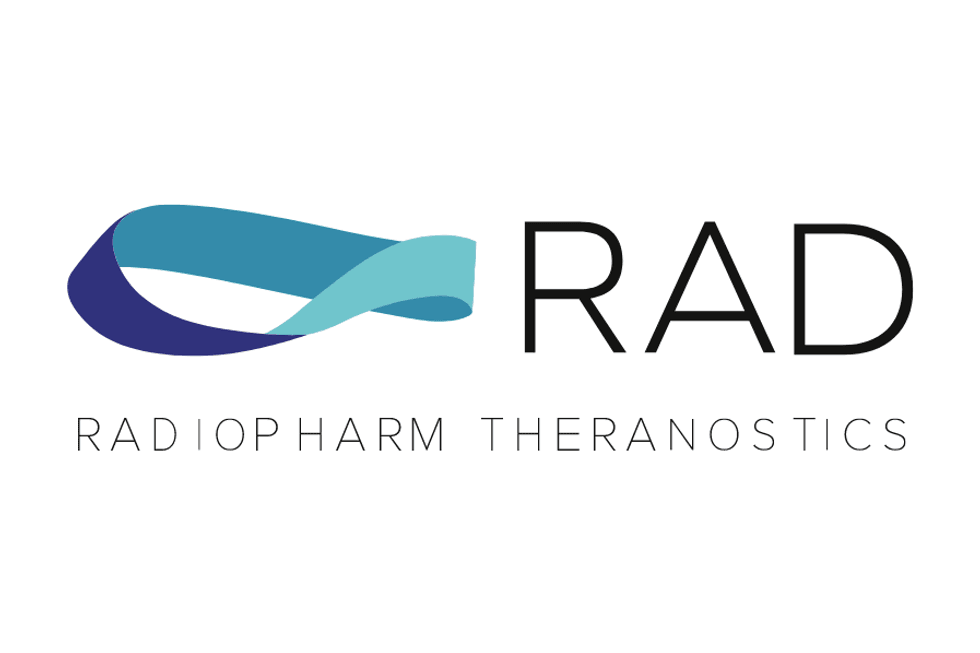
At this year’s Collision event, held in Toronto from June 18 to 20, Wesley Chan, co-founder and managing partner at venture capital firm FPV Ventures, shared insights on AI’s role in healthcare with Fox Business correspondent Susan Li.
Chan said that while the life science market has been somewhat overlooked in the AI boom so far, his company predicts that it will benefit greatly from AI technology over the next five to 10 years.
“We’re in a lot of life science companies,” he said about FPV Ventures. “A lot of them use AI to help accelerate drug discovery, or to validate their thesis or to test out some of their assumptions without having to go in depth.”
Guardant using liquid biopsy tests to look for signs of cancer
Liquid biopsies, a non-invasive blood test, have shown strong promise in cancer detection, especially when it comes to monitoring ongoing treatment and detecting cancer recurrence.
Speaking at Collision, Dr. Craig Eagle, chief medical officer at large-cap biotechnology company Guardant Health (NASDAQ:GH), outlined SHIELD, a blood test his company has developed to screen for colorectal cancer.
“One of the things that’s challenging in oncology is that the cause of the disease is a molecular abnormality, often centered around the DNA. That abnormality can either be purely inherited or environmental, but for most people it’s in between,” he explained to the audience at the conference.
Standard cancer diagnosis procedures typically involve retrieving a tissue sample, which Dr. Eagle said represents a challenge when the suspected cancer is deep within the body.
“So what we’re developing is blood-based testing. A simple tube of blood, no different to what you can do with a cholesterol or diabetes sugar test,” he said on stage at the event, noting that during cell growth and turnover, some cancer cells are shed into the bloodstream. Liquid biopsy is a method of cancer detection that analyzes these shed cells to look for cancer signals in the bloodstream. Blood tests can also help physicians monitor cancer as it progresses and changes, which can help them develop the best treatment plan for each individual patient.
“You can’t really treat or manage a cancer or disease unless you understand it. So by understanding the deeper molecular causes of cancer, we’re actually able to get those insights even further and enable informed decision making,” Dr. Eagle commented. “A simple liquid biopsy test gets the information you need at the molecular level.”
How were liquid biopsy tests first developed?
One of the earliest liquid biopsy tests was the prostate-specific antigen test, which was approved by the US Food and Drug Administration (FDA) in 1986. It was initially only used to monitor cancer that had already been diagnosed, but in 1994 physicians began using it alongside digital rectal exams to screen for cancer signals in men over 50.
Later, researchers developed liquid biopsy tests that searched for two types of…
Read More: Radiopharm Theranostics Targets Nasdaq Listing by End of 2024

